
Discover the Charming Old Town of Heraklion
Old Town in Heraklion, Greece, is a captivating blend of history, culture, and vibrant local life. Wander through its narrow, winding streets lined with Venetian architecture, where every corner tells a story of the city's rich past. The Old Town is not just a place to see; it's an experience to be lived. Explore the iconic Koules Fortress, a massive Venetian-era castle that guards the entrance to the harbor. From its ramparts, enjoy breathtaking views of the sparkling Aegean Sea. Stroll through the lively 25th August Street, named after the saint's feast day, and discover an array of shops, cafes, and restaurants offering local delicacies and unique souvenirs. Don't miss the Historical Museum of Crete, where you can delve into the island's past from ancient times to the modern era. The Heraklion Archaeological Museum is another must-visit, housing one of the most extensive collections of Minoan artifacts in the world. The Old Town's central square, Eleftherias, is the perfect spot to relax and soak up the atmosphere. Here, you can admire the stunning architecture of the Loggia and the Morosini Fountain, both remnants of Venetian rule. In the evening, the Old Town comes alive with music and dance, offering a glimpse into the vibrant Cretan culture.
Local tips in Old Town
- Wear comfortable walking shoes as the streets are cobblestone and can be uneven.
- Visit early in the morning or late afternoon to avoid the peak tourist crowds.
- Try local Cretan dishes at the traditional tavernas for an authentic culinary experience.
- Check the opening hours of museums and monuments as they can vary seasonally.
- Bring a hat and sunscreen, especially in the summer months, as the sun can be quite strong.
Discover the Charming Old Town of Heraklion
Old Town in Heraklion, Greece, is a captivating blend of history, culture, and vibrant local life. Wander through its narrow, winding streets lined with Venetian architecture, where every corner tells a story of the city's rich past. The Old Town is not just a place to see; it's an experience to be lived. Explore the iconic Koules Fortress, a massive Venetian-era castle that guards the entrance to the harbor. From its ramparts, enjoy breathtaking views of the sparkling Aegean Sea. Stroll through the lively 25th August Street, named after the saint's feast day, and discover an array of shops, cafes, and restaurants offering local delicacies and unique souvenirs. Don't miss the Historical Museum of Crete, where you can delve into the island's past from ancient times to the modern era. The Heraklion Archaeological Museum is another must-visit, housing one of the most extensive collections of Minoan artifacts in the world. The Old Town's central square, Eleftherias, is the perfect spot to relax and soak up the atmosphere. Here, you can admire the stunning architecture of the Loggia and the Morosini Fountain, both remnants of Venetian rule. In the evening, the Old Town comes alive with music and dance, offering a glimpse into the vibrant Cretan culture.
Iconic landmarks you can’t miss
Rocca a Mare Fortress
Explore the historic Rocca a Mare Fortress in Heraklion: a Venetian landmark with stunning views and a glimpse into Crete's past.
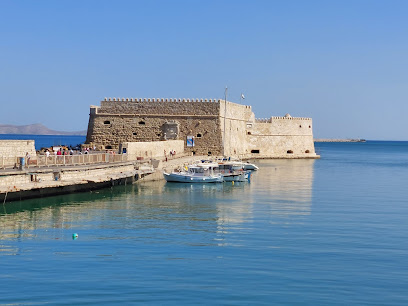
Kenouryia Porta
Explore Kenouryia Porta, a historic Venetian gate in Heraklion, offering a glimpse into Crete's rich past and architectural grandeur.
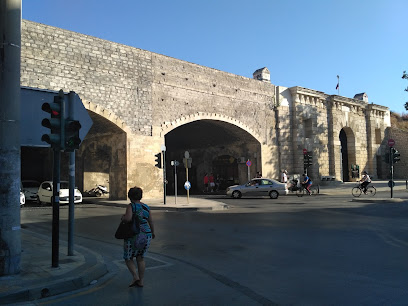
Venetian Shipyards / Vechi
Discover the enchanting Venetian Shipyards in Heraklion, a historical landmark that reveals the rich maritime heritage of Crete.
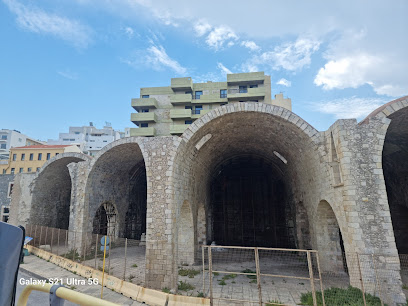
Venetian Gate St. George
Explore the Venetian Gate St. George in Heraklion, a historical landmark showcasing Crete's Venetian heritage and architectural beauty.
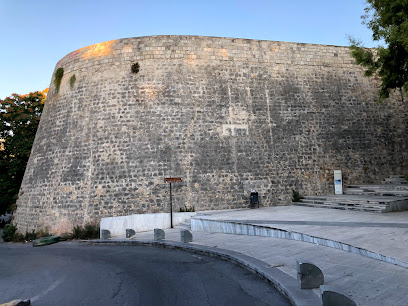
Herakleion Unknown Soldier Statue
A tribute to the fallen, the Unknown Soldier Statue in Heraklion stands as a symbol of valor and remembrance in the heart of the city.
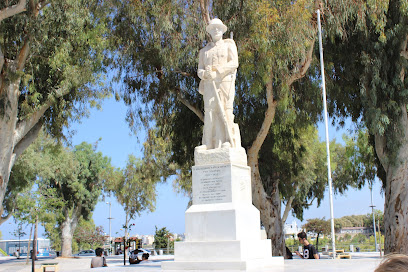
Nikos Kitsikis's bust
A tribute to Nikos Kitsikis, an engineer who shaped Heraklion's harbor, this bust offers a glimpse into the city's rich history and cultural landscape.
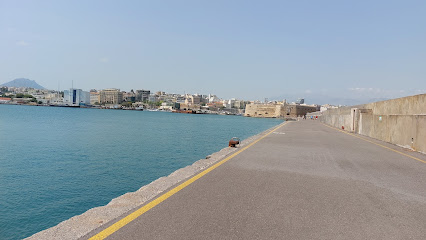
Yenicar Aga Fountain
Discover the historical Yenicar Aga Fountain in Heraklion, a beautiful landmark reflecting the city's Ottoman heritage and cultural richness.
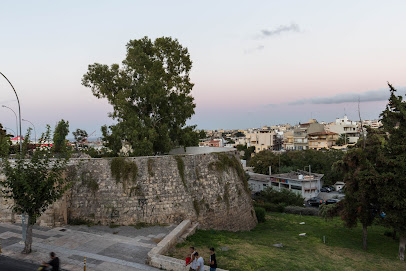
Μέγαρον Λιοπυράκη
Discover the architectural beauty and rich history of the Megaron Liopiraki, a must-see historical landmark in the heart of Heraklion, Crete.
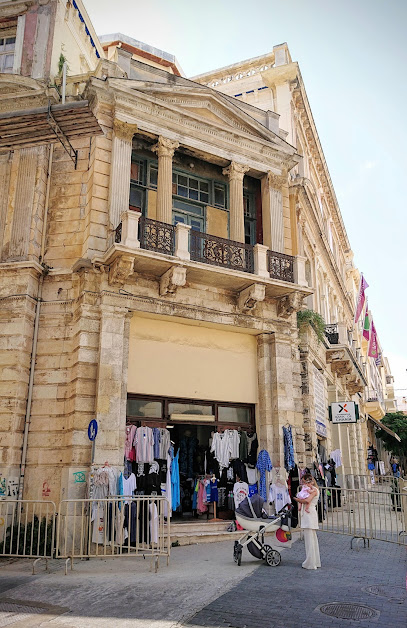
Old Anchor
Discover the historic Old Anchor in Heraklion, Crete: a waterfront landmark offering stunning views and a taste of local culture.
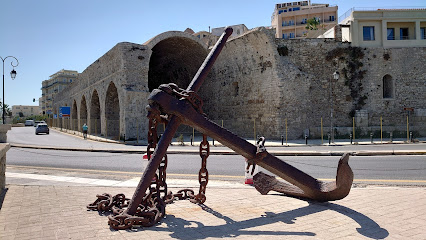
Αλευρόμυλος Καστρινάκη
Discover the rich history of Αλευρώμυλος Καστρινάκης in Heraklion, a captivating landmark that showcases Cretan culture and timeless beauty.
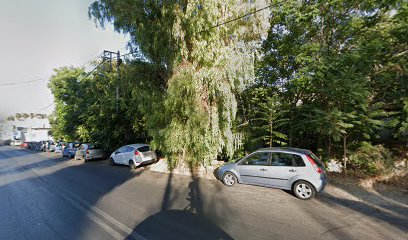
Unmissable attractions to see
CRETAquarium Thalassokosmos
Explore the vibrant marine life at CRETAquarium Thalassokosmos in Heraklion, a top attraction for families and ocean lovers visiting Crete.
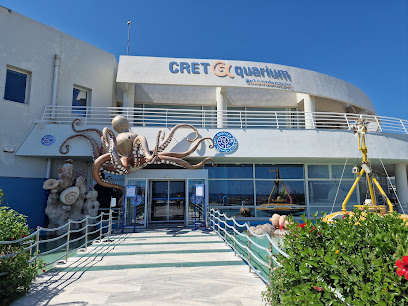
Venetian Loggia
Explore the Venetian Loggia, a stunning cultural landmark in Heraklion, Greece, showcasing exquisite Venetian architecture and rich history.
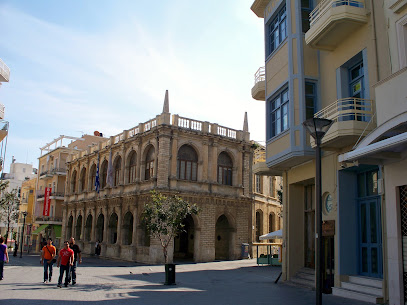
Kornarou Square
Discover the charm and culture of Heraklion at Kornarou Square, a vibrant hub with historical significance and local delights.
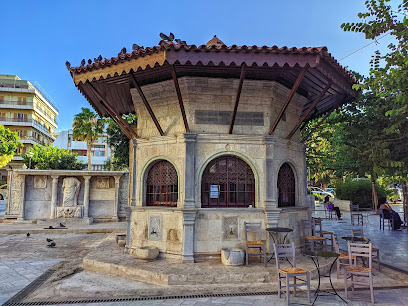
Essential places to dine
Peskesi
Discover authentic Cretan flavors at Peskesi, where traditional Greek cuisine meets warm hospitality in the heart of Heraklion.
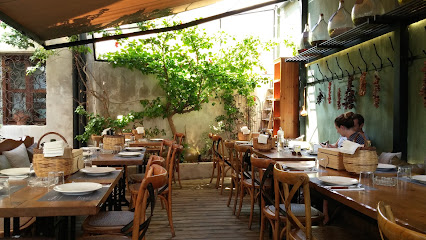
Apiri greek_eatery
Discover the authentic taste of Greece at Apiri Greek Eatery in Heraklion – where every dish tells a story.
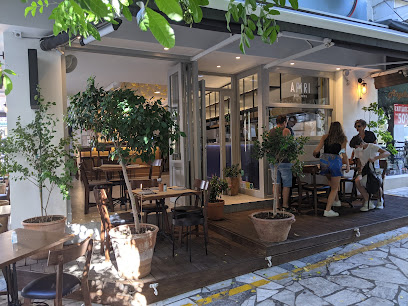
KOUZEINERI
Discover Kouzeineri in Heraklion for an exquisite blend of traditional Greek flavors and modern culinary artistry.
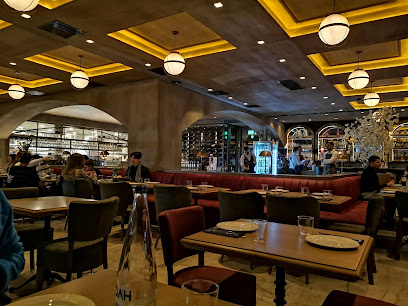
Amalia's Kitchen
Experience authentic Cretan flavors at Amalia's Kitchen in Heraklion - where every dish tells a story.
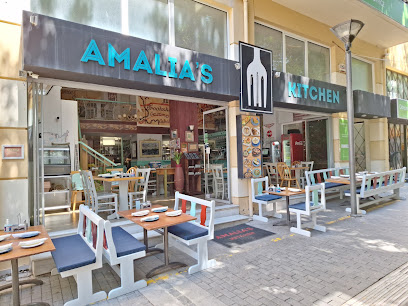
The Fifty
Discover The Fifty in Heraklion: A vibrant restaurant offering delicious brunches, artisanal coffee, and an inviting atmosphere perfect for all visitors.
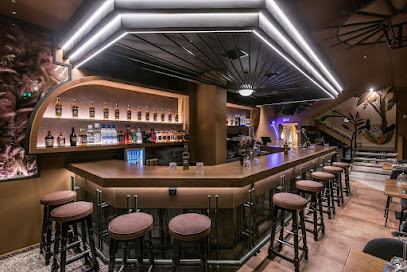
The chickpea
Experience the flavors of Mediterranean cuisine at The Chickpea in Heraklion - where every dish tells a story.
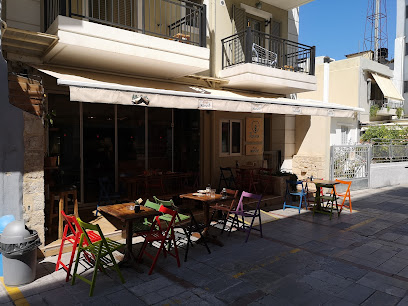
Chagiati
Discover authentic Greek cuisine at Chagiati in Heraklion - where tradition meets creativity in every dish.
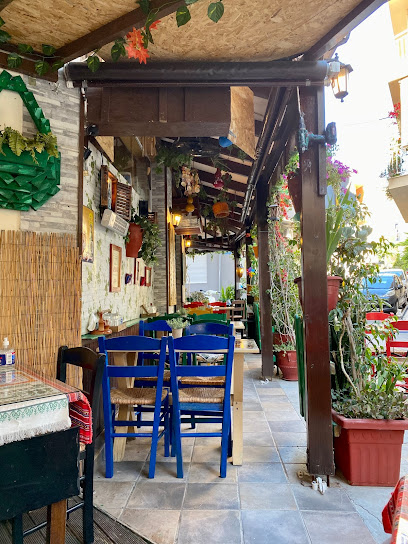
ουζερί του Τερζάκη από το 1978 / ouzeri tou Terzaki est. 1978
Discover Ouzeri Tou Terzaki: A Historic Restaurant Serving Authentic Greek Cuisine Since 1978 in Heraklion.
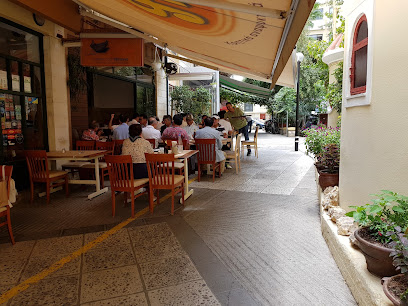
Anchorage Traditional Mezedopolion
Savor authentic Cretan cuisine at Anchorage Traditional Mezedopolion - where tradition meets taste in every delightful bite.
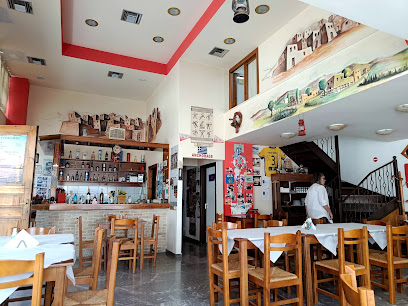
Herbs' Garden
Experience exquisite Cretan cuisine and breathtaking views at Herbs' Garden in Heraklion - a culinary oasis that delights every palate.
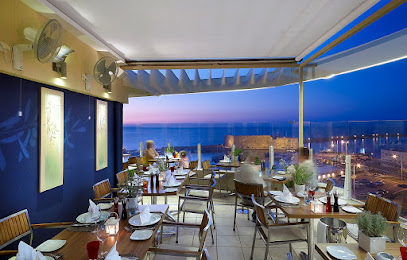
Markets, malls and hidden boutiques
ZALO
Explore ZALO in Heraklion for unique gifts, local handicrafts, and unforgettable souvenirs that embody the spirit of Crete.
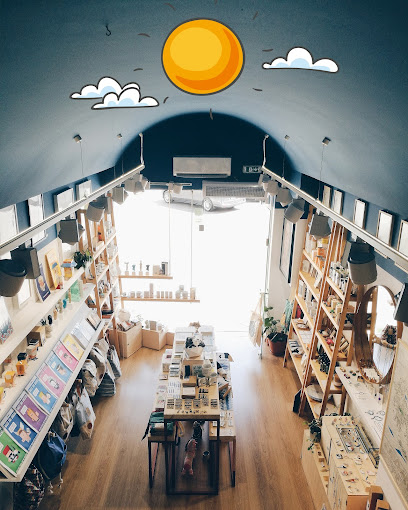
Muses Jewellery
Explore exquisite handcrafted jewelry at Muses Jewellery in Malia, where every piece tells a unique story of artistry and culture.
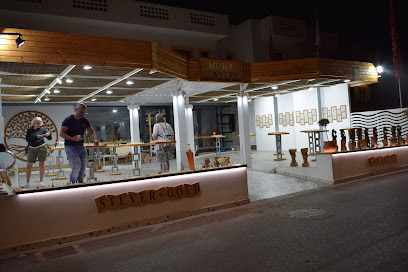
Honey Corner
Discover the charm of Malia at Honey Corner, your go-to souvenir store for unique local crafts and delicious honey.
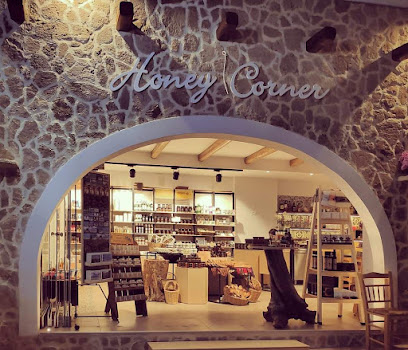
EPILOGES FASHION BOUTIQUE
Explore Epiloges Fashion Boutique in Malia for unique clothing and accessories that elevate your style while enjoying the vibrant atmosphere of Greece's fashion scene.
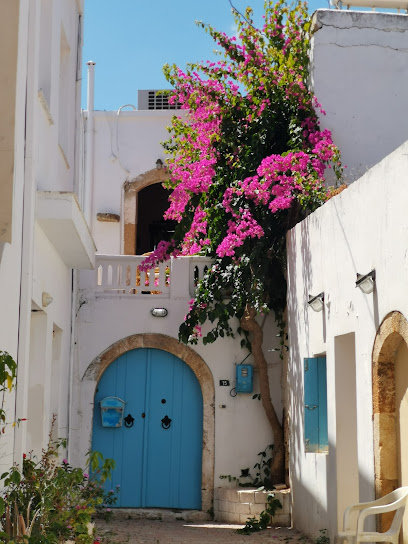
Mayaba Store
Explore Mayaba Store in Heraklion for unique gifts, antiques, and handcrafted treasures that capture the essence of Crete.
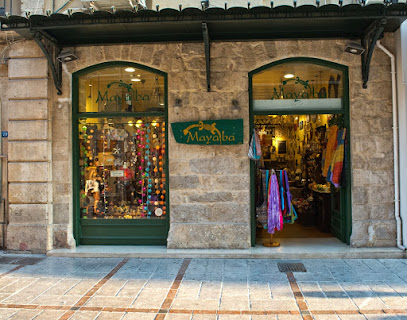
Authentic Dinnerware and Broderie store
Discover Malia's unique blend of tradition and craftsmanship at the Authentic Dinnerware and Broderie Store, a must-visit for culture-loving tourists.
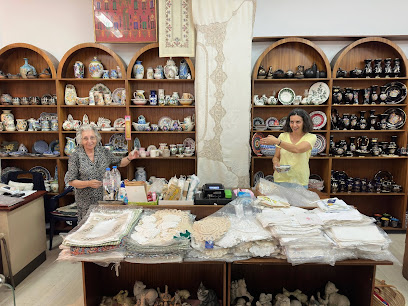
Family Goods
Explore Family Goods in Stalida for authentic souvenirs that showcase the rich culture and craftsmanship of Crete, perfect for any traveler.
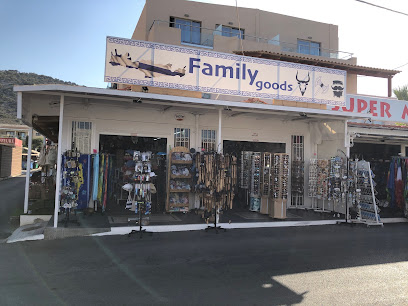
Unique Store
Explore Unique Store in Malia for exquisite jewelry and local artistry, a perfect blend of tradition and style in a charming shopping experience.
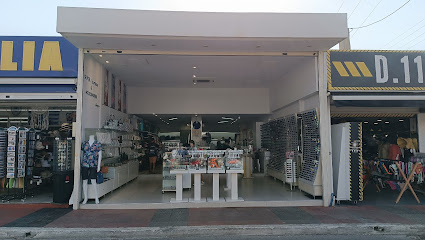
Handy Chou
Explore Handy Chou in Malia for unique gifts and souvenirs, showcasing the rich cultural heritage of Greece.
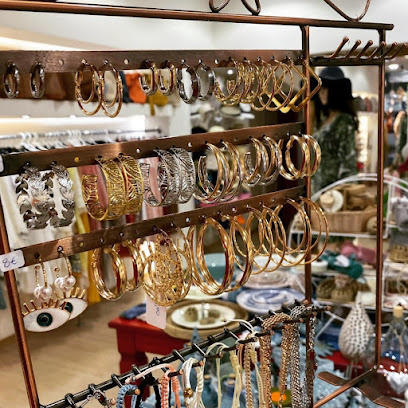
DAFERMOS JOHN
Explore the authentic charm of Malia at Dafermos John, where local crafts and delicacies await every curious traveler.

Essential bars & hidden hideouts
Xalavro Open Bar
Discover the vibrant spirit of Heraklion at Xalavro Open Bar, where unique cocktails and a lively atmosphere await every visitor.
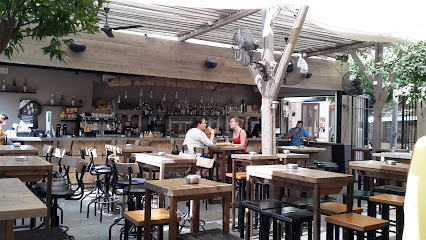
NEMO Beach Bar
Experience the vibrant atmosphere and stunning views at NEMO Beach Bar in Stalis, a must-visit destination for relaxation and nightlife.
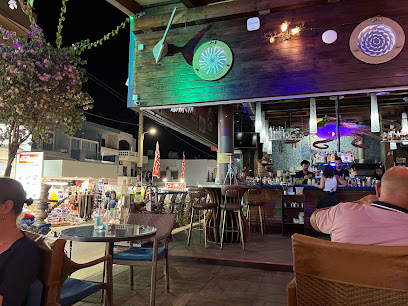
Swing Thing
Experience the vibrant nightlife of Heraklion at Swing Thing, where creative cocktails meet a lively atmosphere for an unforgettable evening.
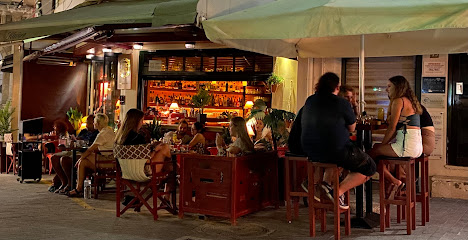
Manjar Wise Food, Coffee & Wine Bar
Indulge in exquisite wines and delightful cuisine at Manjar Wise Food, Coffee & Wine Bar, a must-visit culinary destination in Heraklion.
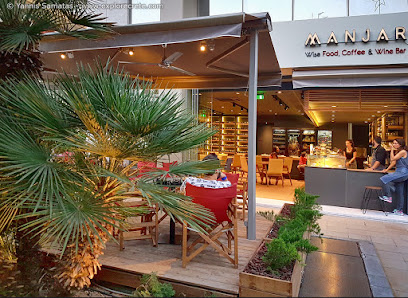
The Bitters Bar
Experience the vibrant nightlife of Heraklion at The Bitters Bar, where innovative cocktails and a lively atmosphere await every visitor.
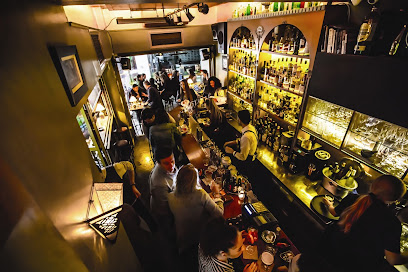
Jailhouse Rock Bar
Experience the vibrant nightlife of Heraklion at Jailhouse Rock Bar, featuring a remarkable rum selection and live music that sets the perfect party mood.
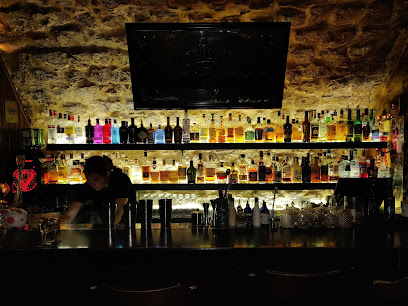
Guernica
Experience the vibrant nightlife at Guernica, a lively bar in Heraklion offering delicious cocktails and a welcoming atmosphere.
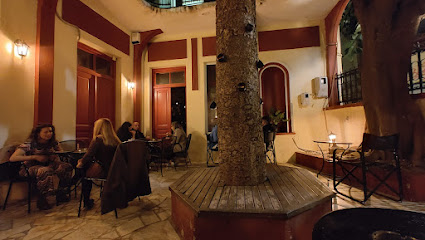
Zoo Bar
Experience Malia's nightlife at Zoo Bar, a lively cocktail bar offering an extensive drink menu and vibrant atmosphere for all visitors.

Stone Project
Discover the vibrant cocktail scene at Stone Project in Heraklion, where expertly crafted drinks meet a lively atmosphere for an unforgettable night out.
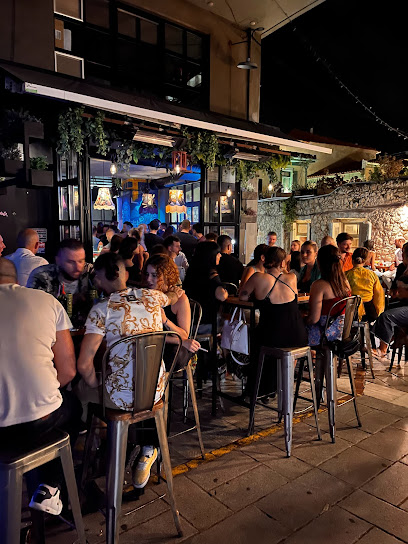
Giannis Cafe Bar
Experience the vibrant nightlife and delightful drinks at Giannis Cafe Bar in Malia, Crete's coastal gem.
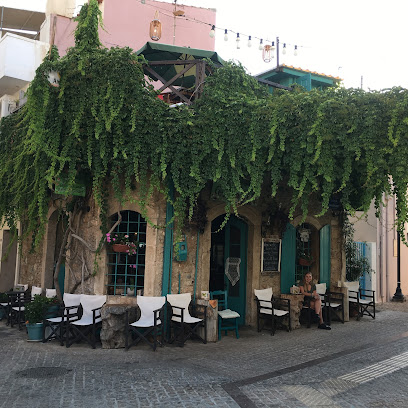
Local Phrases
-
- HelloΓεια σας
[Yia sas] - GoodbyeΑντίο
[Andio] - YesΝαι
[Ne] - NoΌχι
[Ohi] - Please/You're welcomeΠαρακαλώ
[Parakalo] - Thank youΕυχαριστώ
[Efharisto] - Excuse me/SorryΣυγγνώμη
[Signomi] - How are you?Πώς είσαι;
[Pos ise;] - Fine. And you?Καλά. Εσύ;
[Kala. Esi;] - Do you speak English?Μιλάς Αγγλικά;
[Milas Agglika;] - I don't understandΔεν καταλαβαίνω
[Den katalaveno]
- HelloΓεια σας
-
- I'd like to see the menu, pleaseΘα ήθελα να δω το μενού, παρακαλώ
[Tha ithela na do to menou, parakalo] - I don't eat meatΔεν τρώω κρέας
[Den troo kreas] - Cheers!Στην υγειά μας!
[Stin yia mas!] - I would like to pay, pleaseΘα ήθελα να πληρώσω, παρακαλώ
[Tha ithela na plirosο, parakalo]
- I'd like to see the menu, pleaseΘα ήθελα να δω το μενού, παρακαλώ
-
- Help!Βοήθεια!
[Voithia!] - Go away!Φύγε!
[Fyge!] - Call the Police!Καλέστε την Αστυνομία!
[Kaleste tin Astinomia!] - Call a doctor!Καλέστε έναν γιατρό!
[Kaleste enan giatro!] - I'm lostΈχω χαθεί
[Eho hafi] - I'm illΕίμαι άρρωστος
[Eimai arrostos]
- Help!Βοήθεια!
-
- I'd like to buy...Θα ήθελα να αγοράσω...
[Tha ithela na agorasο...] - I'm just lookingΑπλά κοιτάω
[Apla kitao] - How much is it?Πόσο κοστίζει;
[Poso kostizi;] - That's too expensiveΑυτό είναι πολύ ακριβό
[Afto ine poli akrivo] - Can you lower the price?Μπορείτε να μειώσετε την τιμή;
[Boreite na meiosete tin timi;]
- I'd like to buy...Θα ήθελα να αγοράσω...
-
- What time is it?Τι ώρα είναι;
[Ti ora ine;] - It's one o'clockΕίναι μία η ώρα
[Ine mia i ora] - Half past (10)Μισή (10)
[Misi (10)] - MorningΠρωί
[Proi] - AfternoonΑπόγευμα
[Apoyevma] - EveningΒράδυ
[Vradi] - YesterdayΧθες
[Hthes] - TodayΣήμερα
[Simera] - TomorrowΑύριο
[Aurio] - 1Ένα
[Ena] - 2Δύο
[Dyo] - 3Τρία
[Tria] - 4Τέσσερα
[Tessera] - 5Πέντε
[Pente] - 6Έξι
[Exi] - 7Εφτά
[Efta] - 8Οχτώ
[Ohto] - 9Εννιά
[Ennia] - 10Δέκα
[Deka]
- What time is it?Τι ώρα είναι;
-
- Where's a/the...?Πού είναι ένας/η...
[Pou ine enas/i...] - What's the address?Ποια είναι η διεύθυνση;
[Pia ine i diefthinsi;] - Can you show me (on the map)?Μπορείτε να μου δείξετε (στο χάρτη);
[Boreite na mou dixete (sto charti);] - When's the next (bus)?Πότε είναι το επόμενο (λεωφορείο);
[Pote ine to epomeno (leoforeio);] - A ticket (to ....)Ένα εισιτήριο (προς ....)
[Ena isitirio (pros ....)]
- Where's a/the...?Πού είναι ένας/η...
History of Old Town
-
Old Town Heraklion is steeped in the legacy of the Minoans, one of the earliest advanced civilizations in Europe, flourishing around 3000-1100 BC. The nearby archaeological site of Knossos, just a short distance from the city, serves as a testament to the sophistication of Minoan culture, featuring elaborate palaces, advanced plumbing, and vibrant frescoes that depict daily life and religious practices.
-
From 1204 to 1669, Heraklion was under Venetian control, which significantly influenced its architecture and urban layout. The construction of impressive fortifications, including the iconic Koules Fortress, and the development of the Loggia, a beautiful Renaissance building, reflect the Venetians' efforts to enhance the city's defensive and aesthetic appeal. This period also saw the establishment of trade routes that linked Heraklion to major Mediterranean ports.
-
The Ottoman Empire seized Heraklion in 1669, marking a period of significant cultural and demographic shifts. The Ottomans introduced new architectural elements, such as mosques, and influenced local customs and cuisine. Notably, the historic Agios Titos Church was converted into a mosque, showcasing the blend of Christian and Islamic heritage that characterizes much of Old Town today.
-
During World War II, Heraklion played a strategic role in the Battle of Crete in May 1941. The city was subjected to intense aerial bombardment, and its fortifications were put to the test against Allied and Axis forces. The remnants of this tumultuous period can still be seen in the architecture and memorials throughout Old Town, serving as a reminder of the resilience of its inhabitants.
-
Following the war, Old Town Heraklion underwent a process of reconstruction and revitalization. Efforts were made to restore historical buildings and promote cultural heritage. The establishment of the Heraklion Archaeological Museum in the mid-20th century further solidified the city's status as a cultural hub, showcasing artifacts from the Minoan civilization and attracting scholars and tourists alike.
Old Town Essentials
-
Old Town Heraklion is easily accessible from various neighborhoods within the city. If you're coming from the airport, a taxi or shuttle service will take approximately 15 minutes. Bus routes also connect the airport to the city center. If you're in nearby neighborhoods like Nea Alikarnassos or Agios Nikolaos, local buses frequently run to the city center. For those driving, parking is available in designated areas, but be prepared for limited spaces, especially during peak tourist seasons.
-
Old Town is primarily pedestrian-friendly, making it easy to explore on foot. The narrow, winding streets are best navigated by walking. Bicycles can also be rented for those who prefer cycling, and there are bike lanes in some areas. Public transport, such as buses, connects Old Town to other parts of Heraklion. Taxis are available but not typically necessary for short distances within Old Town.
-
Old Town is generally safe for tourists; however, standard precautions are advisable. Petty crimes, such as pickpocketing, can occur in crowded areas. Avoid poorly lit streets at night and keep valuables secure. While no specific high-crime areas are known, it's best to stay alert in busy markets or tourist hotspots.
-
In case of an emergency, dial 112 for police, fire, and medical assistance. The nearest hospital is located in the city center, and pharmacies are widely available for minor health concerns. It's advisable to have travel insurance that covers medical emergencies. If you need assistance, locals are usually very willing to help.
-
Fashion: Do dress appropriately when visiting churches and religious sites; avoid overly revealing clothing. Religion: Do respect local customs; always cover your shoulders and knees when entering sacred places. Public Transport: Do be polite and give up your seat for the elderly; don't eat or drink on buses. Greetings: Do greet locals with a friendly 'Kalimera' (Good Morning); avoid overly casual body language. Eating & Drinking: Do try local cuisine and enjoy meals in traditional tavernas; don't refuse hospitality, as it may offend your hosts.
-
To experience Old Town like a local, visit the bustling markets such as the Central Market for fresh produce and local delicacies. Engage with shopkeepers and locals to learn about the history and culture of Heraklion. Don't miss out on the lesser-known alleys and hidden squares that offer a glimpse into local life. For authentic dining, seek out family-owned tavernas that serve traditional Cretan dishes away from the tourist traps.
Nearby Cities to Old Town
-
Things To Do in Crete
-
Things To Do in Rethymno
-
Things To Do in Pyrgos
-
Things To Do in Santorini
-
Things To Do in Chania
-
Things To Do in Mykonos
-
Things To Do in Kos
-
Things To Do in Bodrum
-
Things To Do in Rhodes
-
Things To Do in Samos
-
Things To Do in Marmaris
-
Things To Do in Kusadasi
-
Things To Do in Athens
-
Things To Do in Ephesus
-
Things To Do in Nafplio













